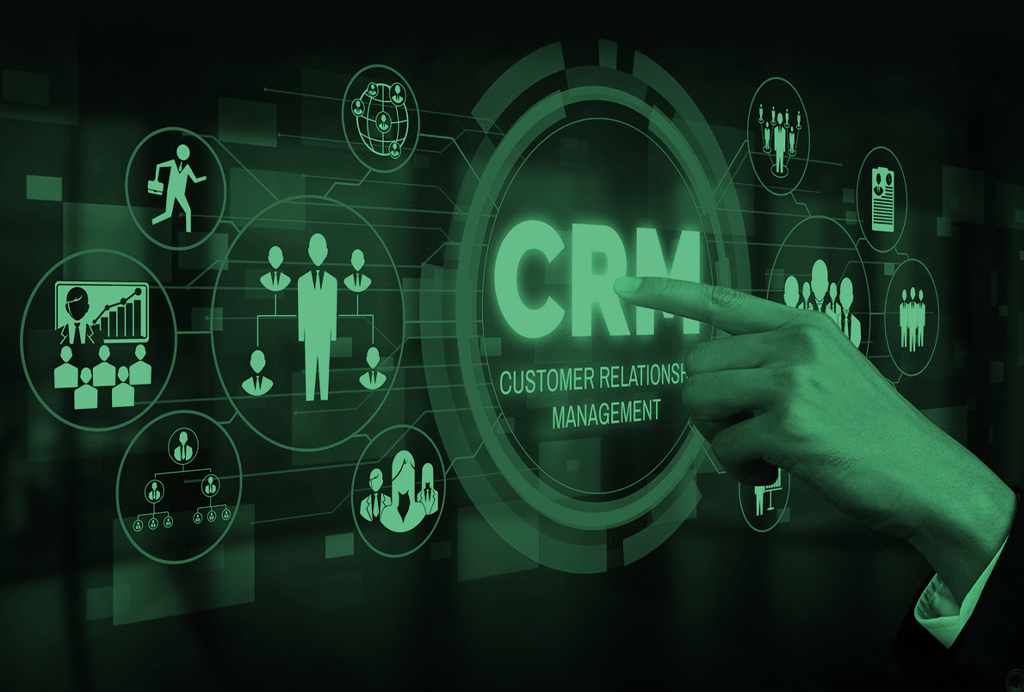Selecting the Ideal CRM Consultant in 2025: A Business Leader’s Strategic Handbook
While organizations deal with new customer expectations and heightened digital transformation, choosing a CRM consultant is more critical than ever before. A well-leveraged CRM platform will assist you in engaging customers, streamlining and automating processes, as well as driving revenue; technology does not, however, fix these issues. Your CRM project’s success relies on collaborating with a consultant who has a similar understanding of the same business objectives, processes, as well as growth strategies.
There are numerous various CRM-related service providers and platforms in 2025. Choosing the correct consulting company will be a key decision for business executives. This guide will help you to recognize the key traits so that your CRM investment might be meaningful and lasting.
Why CRM Still Matters in 2025
No more is CRM a mere contact management tool. CRM these days, powered by AI-driven platforms with analytics interfaces, such as Salesforce, Microsoft Dynamics, and HubSpot, offers real-time data, automation of processes, and predictive analysis. Most contemporary CRMs can assist an individual or a company, but even the most comprehensive CRM will be a failure if it is not properly implemented.
This is where CRM consultants enter the scene. They align information and technology to the organization’s business objectives, understand how an organization works, and spur timely adoption and maximize the impact of your CRM system.
Key Characteristics of a High-Impact CRM Consultant
To begin with, the correct CRM consulting company should provide more than credentials: business savvy, industry knowledge, and expertise. Here’s what to look for:
1. Platform Expertise
The consulting partner should have certifications and hands-on experiences in all the platforms of interest-let’s say Salesforce, Zoho, Dynamics, or HubSpot.
2. Industry Knowledge
The expert who knows the field of expertise has the customer life cycles, compliance requirements, and KPIs in mind to make the implementation more effective.
3. Strategic Thinking
Apart from technology, the best consultants strategize business transformation to enhance the workflows, customer interactions, and so on.
4. Integration Skills
The CRM also requires integration with ERP, marketing automation, customer service solution, and analytics software, and an integration-specialist consultant will provide seamless integration.
5. Data Management and AI-Driven Insights
A cutting-edge CRM partner will help you maximize the power of AI-powered analytics, automation, and dashboards that turn customer data into action-insights.
6. Continuous support and tuning
Good consultants don’t sign off after implementation is completed—instead, they provide long-term managed services to keep up with continuous optimization as your company keeps on growing.
CRM Managed Services: The Long-Term Benefit

Through a CRM consultant with managed services, you can guarantee that the system stays optimized, secured, and advanced to meet the evolving needs of your business. It may involve but is not limited to:
- System health and performance monitoring
- Training and onboarding assistance for end-users
- Custom feature creation and integrations
- Compliance and security patch management
- Ongoing performance optimization
AI-Driven CRM: Customer Insights of the Future
By 2025, AI is transforming CRM strategies, streamlining repetitive tasks and powering predictive analytics. With AI-first CRM strategies, organizations can:
- Foresee lead scoring and customer behavior
- Implement next-best-action recommendations in customer service
- Automate smart marketing segmentation
- Smoothly map customer journeys
The AI will ensure that strategy is empowered by the expert consultant without any major issues.
Making Data Actionable: The CRM Consultant’s Role
It is simpler to gather customer data than it is to actually work with it. Good CRM consultants should develop decision-support dashboards to:
- Monitor sales performance and territorial trends
- Monitor campaign conversion rates
- Identify churn risk and retention plans
Your CRM isn’t meant to be an electronic filing cabinet—it is supposed to enable decisions to be made on a daily basis.
Red flags to avoid in CRM consulting
Not every consultant is suitable for you. Be careful of:
- Lack of industry experience in your field
- Too big a bias towards out-of-the-box solutions
- Bad support after go-live
- Few integration possibilities
- No future strategy
Also avoid people who concentrate only on implementation and deployment with no follow-up on optimization.
Conclusion: A Strategic Choice, Not Merely a Tech Investment
Making the proper CRM consultant choice in 2025 is an investment in the success of your business. The right partner will assist you in bettering customer relationships, automating workflows, and formulating long-term growth strategies.
Search for CRM consulting companies with sound platform expertise, simple integration, managed services, and considerate plans. This enables your CRM to be a genuine competitive force.